Dementia Bath
This may be one of the most challenging tasks you will encounter while providing Dementia care. This article will explain why those with Dementia do not like bathing and offer you tips on making bathing less stressful and what items you may find helpful.
The stage of Dementia your loved one is in affects their bathing compliance, but the issues usually begin in the middle stage. After that, they typically become very resistant to bathing.
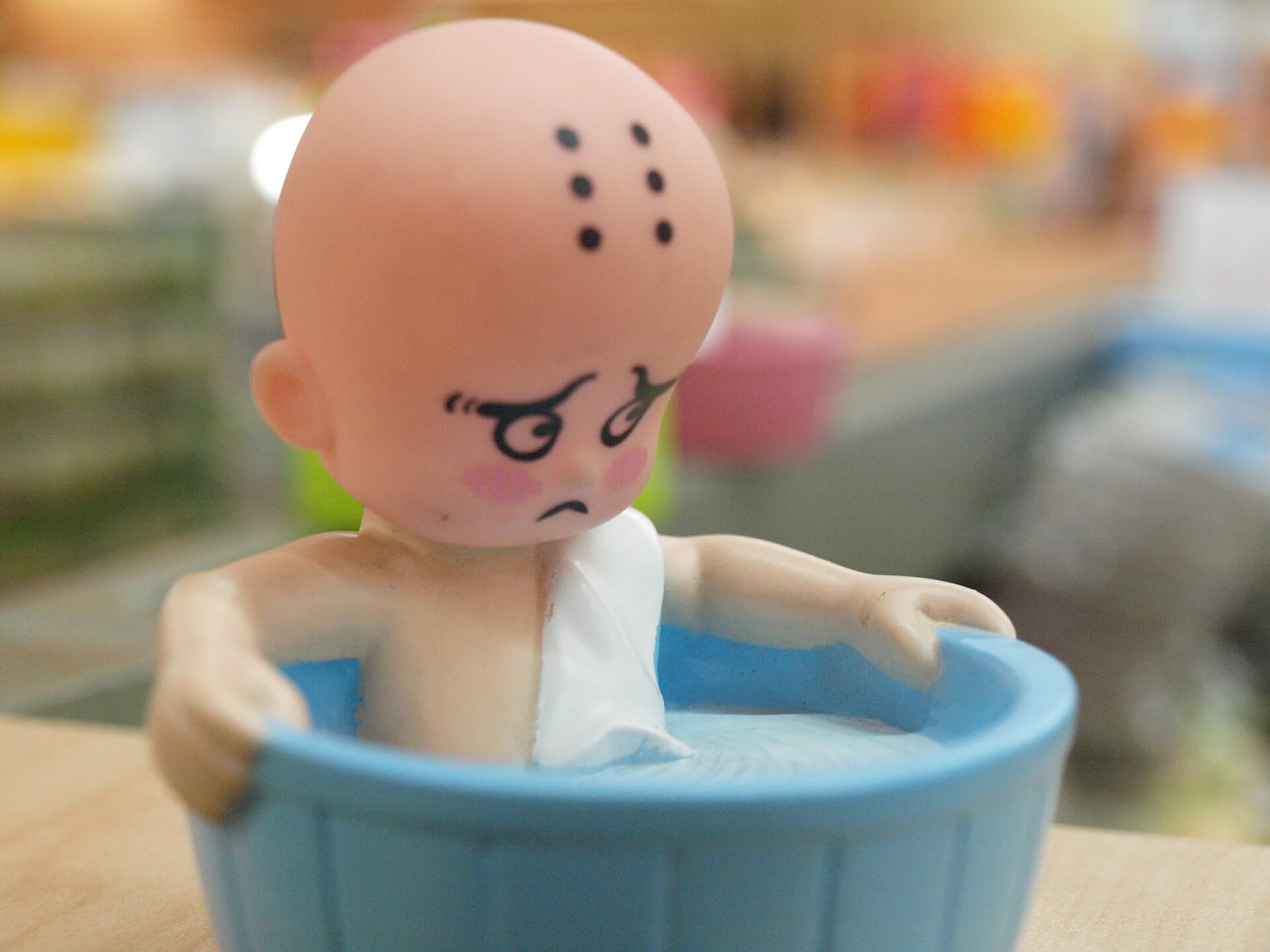
Why do those with Dementia dislike bathing?
Some people develop a fear of water, especially in the bathtub. Dementia may affect their depth perception, and they can’t tell the depth of the water. Fear of falling can also be at the root of their bathing fear. In addition, stepping in and out of the bath or shower is awkward and scary for someone losing their sense of balance.
Emotional discomfort can lead to distress and anxiety in someone with Dementia. Sources of emotional discomfort are usually embarrassment, dignity, or vulnerability. For example, they have bathed themselves in private their entire life, and now someone is coming in and asking them to undress in front of them. They may not recognize you and think you are a stranger, or they may realize you are family and are embarrassed for you to see them naked. Either way can cause them distress and make them feel vulnerable.
Physical discomfort can be another source of their refusal. They may have painful joints, and getting undressed hurts. Also, many of those with Dementia are sensitive to temperature changes, especially the cold. They may refuse bathing out of fear of cold water. The shower can cause physical discomfort because their skin is more sensitive, and the spray can feel prickly. One other thing that may irritate them is the sound of the shower. Some people can’t tolerate the noise.
How to get Dementia Bath compliance
The first step in getting someone with Dementia to take a bath is starting a routine. The sooner you begin a bath routine, the better but build that routine around their current habits. If they usually shower in the morning, it is not a good idea to try to switch them to baths in the evening.
Bribery or white lies work for some caregivers. Here are some examples:
“We will eat breakfast after you take a shower.”
“We have guests coming over today.”
“We have to go somewhere.”
The words bath or shower are trigger words. Instead, try to say, “get cleaned up,” “time to freshen up,” or “washed up.” It also helps to say “we” instead of you. This makes them feel you are doing something together.
Making bath time a pleasant experience can help. Think spa time—soft music, warm room, pleasant aroma, and maybe a robe. A small heater can make a huge difference.
Dementia bath process tips:
- Don’t rush; allow extra time for the task.
- Step-by-step instructions, it’s easier for them to follow 2-3 word cues
- Praise
- Remember to talk to them calmly, use a soft voice, and smile.
- Keep distracted
- Say what you are going to do before you do it
- Have them wash what they can
- Place washcloths in their hands to keep their hands occupied; they are less fidgety, and it can help keep them distracted.
- Privacy
- Liquid soap
- Check the skin for issues
- Towel over the cold toilet seat to sit on
- Use two big warm towels
- Lotion Skin
- Remember, getting undressed in front of you may be embarrassing to them, especially if this is your parent. If this is the case, only uncover the body area you are washing at that time, especially if you are giving a bed bath.
- Keep soap, shampoo, washcloths, and towels within easy reach.
- The shower is considered a very high-risk area for falls. If you step away even for a moment, they may try to get up and fall.
- If it is too difficult, have a nurse aide visit your home several times a week.
The recommended bathing for someone with Dementia should consist of daily washing of the face and their privates. At least twice a week, they should have some type of bath/shower.
Shelter of Calm:
Your Guide Through Dementia's Storm!
Is Dementia's chaos stealing your peace?
We're here to restore the calm, empowering you to confidently face each challenge.
Take the first step towards transformation now.

What equipment do you need for a Dementia Bath?
Gather all the necessary supplies for the Dementia bath before you attempt to get them in the bathroom. Include towels, washcloths, soap, shampoo, clean clothes, and underwear/briefs/pull-ups. This will help the process go smoother.
To prevent falls, you should Install grab bars and add no-skid mats.
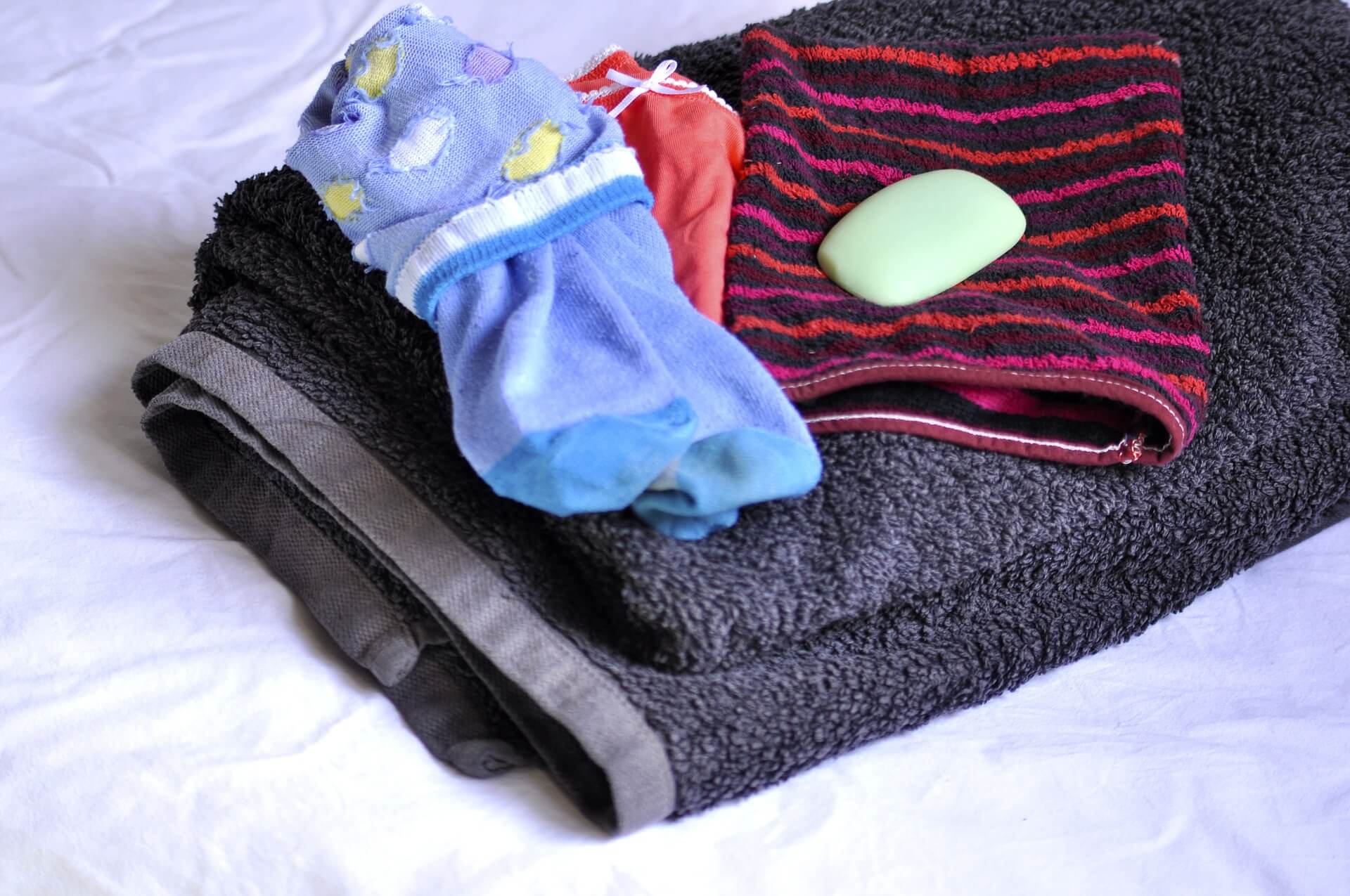
Use a shower chair/ Tub Transfer Bench
Overhead showers and deep bathtubs can be overwhelming and frightening.
Using a shower chair if you are giving a shower instead of a bath will make them feel more secure and help prevent falls.
Sitting on a chair in the shower is not as scary as standing in the shower for someone with Dementia. It also makes the bathing process easier for the caregiver providing the bath.
It is easier to get to all of the body parts and much less awkward for them.
Showers are the preferred method for a Dementia bath for almost all caregivers. However, baths can be more complicated to get them in and out, especially if they are weak and unable to follow commands very well.
There are several types of shower chairs on the market. I have found the tub transfer bench to work the best for homes with a tub/shower combo. It allows them to sit on the bench before getting into the tub and slide over. It is more comfortable to get in and out over the tub.
Invest in a handheld shower sprayer!
A hand-held shower sprayer is not as threatening to them as an overhead shower. They are usually quieter, and It is much easier to control the water.
Keeping the water out of their face as much as possible will help keep them calm and cooperative, especially with hair washing.
This is the type of showerhead I recommend. It works well for the household. The rest of the family has a regular shower, and the handheld sprayer is easy to lift off for the Dementia bath.
There are 6 different types of Dementia baths
Toilet washup is easy and often used when the patient is sitting on the toilet. It is relatively easy to get to all parts of the body. Guiding them to wash their face and body parts they can reach keeps them involved.
Tub baths can be used initially, but as the disease progresses, it becomes more difficult for them to get in and out of the tub.
Shower is the preferred method.
Bath wipes can be used instead of soap and water. Most hospitals now use bath wipes.
Bed bath is when they cannot get out of bed and either bath wipes or water to wash them. The wipes are less messy but more costly.
Alternate body part days bathing, is washing one body part daily.
Dementia Bath Late Stage
During the late stage of the disease, the Dementia bath will mainly be sponge baths in bed. These may be awkward initially, but after a couple of times, you will become an expert at them.
Remember to maintain a calm atmosphere and play soft music if able to. It will help soothe them during the bathing process. Also, don’t forget to keep them covered up, only expose the area you are washing at the time. This prevents them getting to cold and helps to maintain their dignity.
In conclusion, those with Dementia do not like bathing because of fear or emotional or physical discomfort. There are many tips on making bathing less stressful and what items you may find helpful. For many people, bathing is a very relaxing experience. Try to make it a pleasant experience for them.
The Dementia Caregiver Blog Library
Activities, Advanced Directives, Agitation, Apathy, Approach, Apps for Caregivers, Basic Caregiving, Bathing, Bathroom Safety, Caregiver Burnout, Caregiver Compassion, Caregiver Emotions, Caregiver Help, Caregiver Loneliness, Caregiver Support, Cold & Flu Season, Communication Challenges, Dehydration, Dementia Complications, Dementia Doctors, Dementia Safety Home, Dementia Types, Dementia-Friendly, Dressing Issues, Driving Safety, Eating Problems, Fall Prevention, Family Help, Finances, Guns & Dementia, Harm Prevention, Healthcare, Help at Home, Hiding Dementia, Holidays, Hospice, Hospital Stay, In-Between Stage, Kitchen Safety, Laughter, Legal Healthcare, Marijuana use, Medication Tips, Music, Nutrition, Pain, Patience, Poop Problems, Relationships, Reminiscing, Routine, Safety, Sense of Purpose, Shadowing, Sleep Issues, Stages of Dementia, Sundowning, Television, Time Travel, Traveling, Toileting, Wandering
Exploring Caregiving Tools & Resources? Don't Forget to Check Out My Resource Page! 🌟

Hi, I’m Larea, a Certified Dementia Specialist and Registered Nurse with 30 years of hands-on experience helping dementia patients in various settings, from hospitals to nursing homes and hospice. Drawing on personal experiences with my family members and patients over the years, I’m here to help guide you on your caregiving journey.

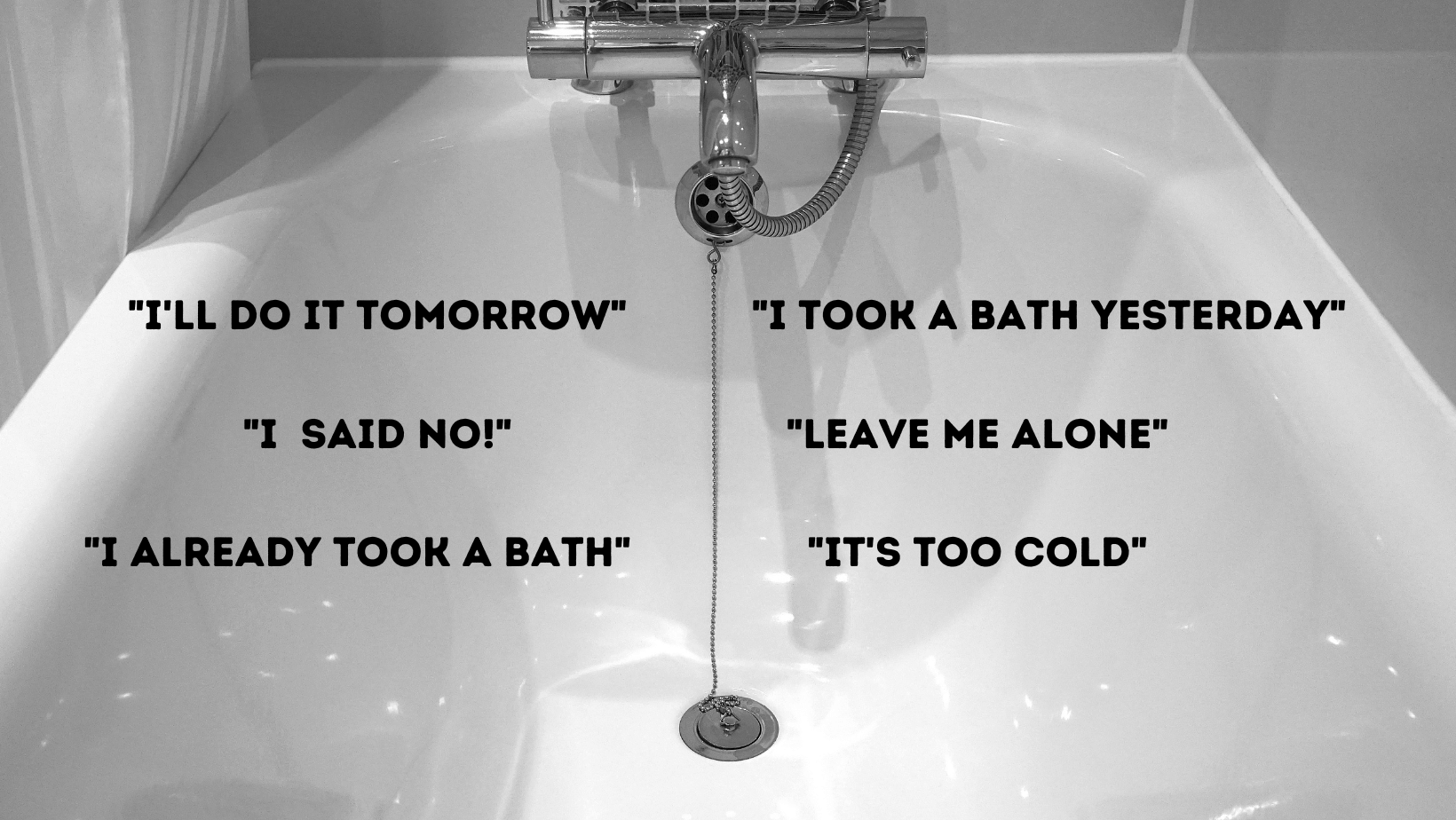
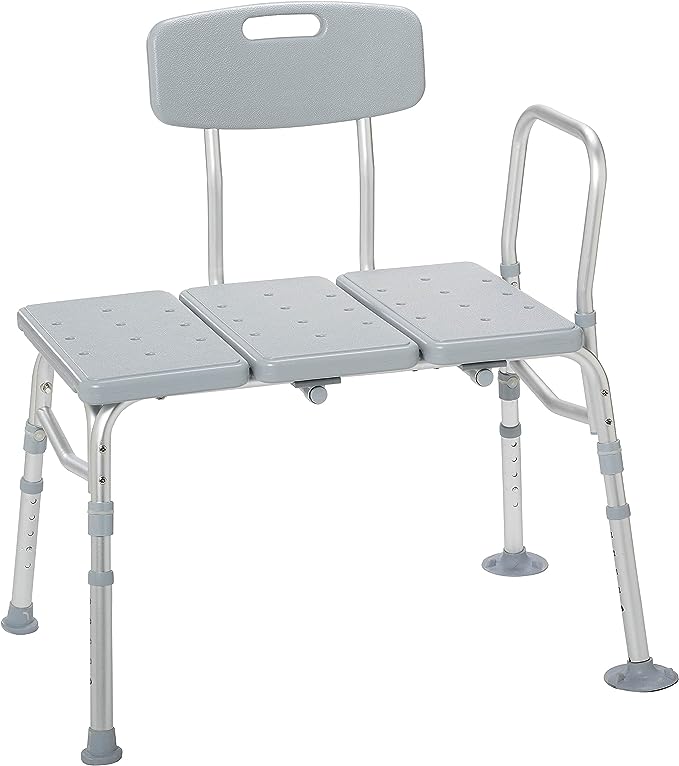
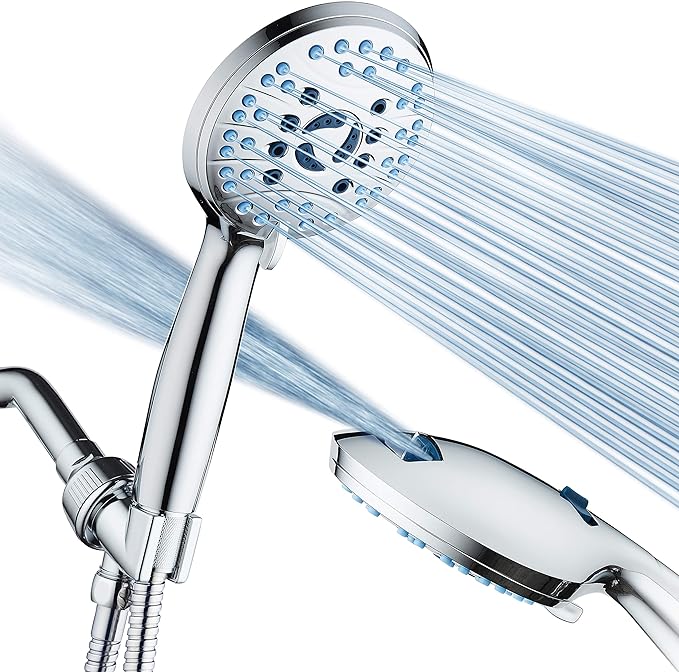


0 Comments